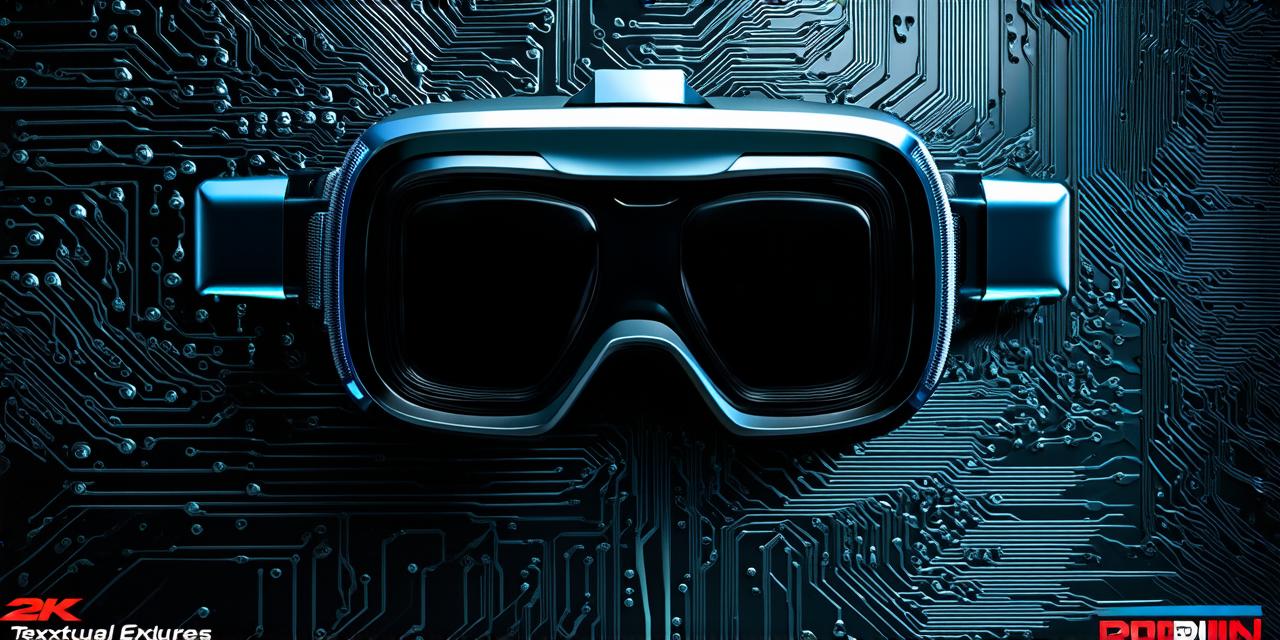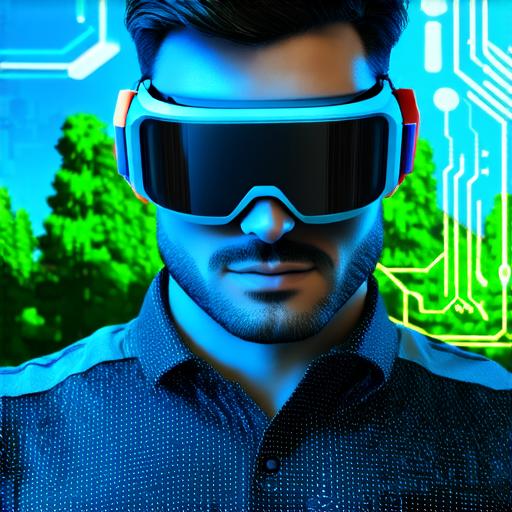
How to become a virtual reality engineer
What Does a Virtual Reality Engineer Do?
A virtual reality engineer is responsible for designing and developing immersive experiences that transport users into simulated environments. They work with software development tools such as Unity and Unreal Engine to create realistic graphics and animations, and they collaborate with other engineers, designers, and artists to ensure that the final product meets the client’s specifications.
What Skills Do You Need to Become a Virtual Reality Engineer?
Becoming a VR engineer requires a combination of technical and creative skills, including:
- Programming Skills: In addition to proficiency in programming languages such as C or Java, VR engineers must also have experience with specialized tools such as Unity or Unreal Engine. They should be familiar with the principles of 3D modeling, animation, and rendering, as well as the basics of computer graphics.
- Mathematical Skills: VR engineers need to have a strong understanding of mathematics, including linear algebra, calculus, and geometry. These skills are essential for creating realistic virtual environments that accurately simulate real-world physics.
- Creativity: In addition to technical skills, VR engineers must also be creative problem solvers. They should be able to come up with innovative solutions to complex challenges and work collaboratively with other designers and artists to create engaging experiences.
- Attention to Detail: Virtual reality experiences can be incredibly immersive, and even small errors can have a significant impact on the user’s experience. VR engineers must have an eye for detail and be able to catch mistakes that others might miss.
- Communication Skills: VR engineers often work with a team of designers, artists, and other professionals. They need to be able to communicate their ideas effectively and collaborate with others to ensure that the final product meets everyone’s expectations.
How Do You Become a Virtual Reality Engineer?

There are several paths to becoming a VR engineer, including:
- Bachelor’s Degree: Most VR engineers have a bachelor’s degree in computer science, engineering, or a related field. A degree program in game design or virtual reality may also be beneficial, as these programs often include specialized courses and projects that prepare students for careers in this field.
- Internship or Freelance Work: Many VR engineers start their careers by completing internships or freelance work. This can help them gain experience with specialized tools and software, as well as build a portfolio of work to show potential employers.
- Online Courses: There are also several online courses and bootcamps that can help individuals develop the skills they need to become VR engineers. These programs often include hands-on projects and assignments that allow students to apply their learning in a practical setting.
- Certification: While certification is not required, earning a certificate from a reputable organization can demonstrate your expertise and credibility to potential employers. For example, the Virtual Reality Society offers a certification program for VR developers and engineers.
Case Study: Oculus Rift
Oculus Rift is one of the most popular virtual reality platforms on the market, and its success is largely due to the hard work of its team of VR engineers. According to John Carmack, co-founder and CTO of Oculus, the key to building a successful VR platform is to focus on creating immersive experiences that transport users into simulated environments.


